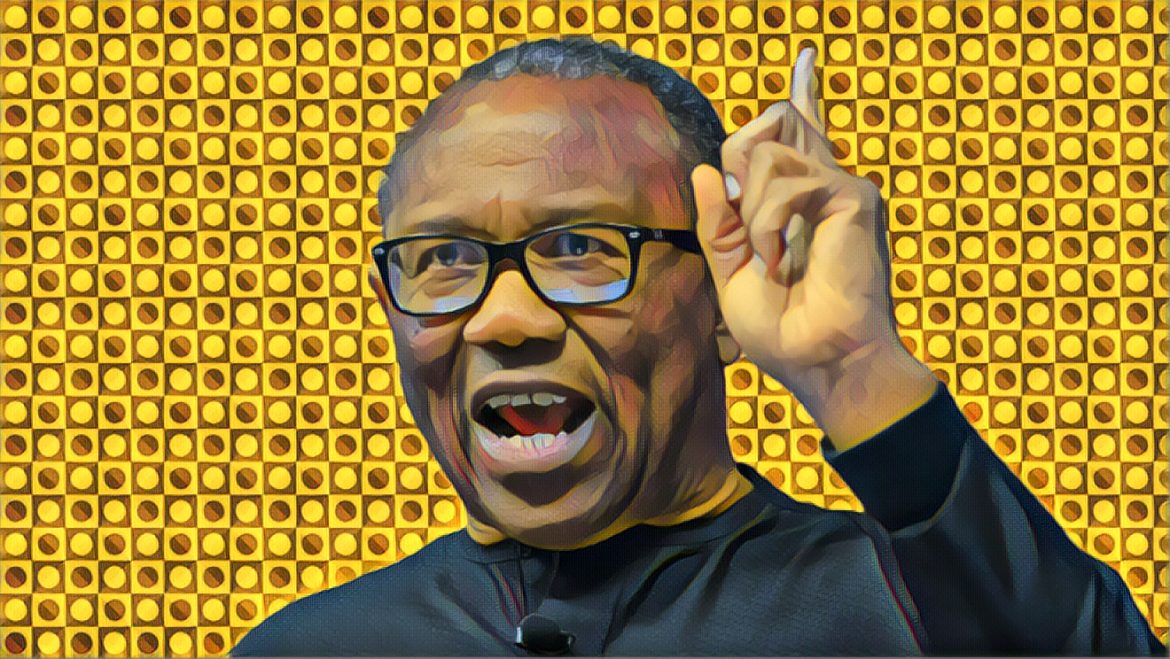In a political scenario that’s rapidly evolving and captivating the nation’s attention, the Labour Party’s presidential contender, Peter Obi, has stirred the waters by challenging the recent Presidential Election Petition Court (PEPC) verdict from September 6, 2023.
At a press conference, the voice of the Labour Party, Obiora Ifoh, relayed the party’s stance. “In this era of democracy and justice, we believe in seeking clarification and rectification of what we perceive as an oversight,” he said, setting the stage for the party’s bold move.
Dr. Livy Uzokwu, a renowned legal expert, stands at the forefront of this legal challenge. Under his guidance, Peter Obi and the party tabled their challenge, meticulously outlining 51 specific points of contention they believe were overlooked in the recent PEPC ruling.
The crux of their argument revolves around the election results. The Labour Party and Obi firmly contend that Bola Ahmed Tinubu, the APC’s presidential nominee, didn’t clinch a fair victory. To them, this isn’t just about numbers; it’s about transparency, legality, and the very fabric of democratic processes.
According to the Labour Party, both INEC and PEPC might have misjudged the situation. They’re bolstering this claim with a compilation of evidence, which they believe unequivocally shows discrepancies in the election outcome. However, it’s not just about proving a point. The party seeks rectification.
Obi, addressing the media, voiced his concerns, “Our goal here isn’t just to challenge for the sake of challenging. We aim for the highest court to take note of our concerns, revisit the PEPC’s judgment, and take appropriate action.”
But what are these concerns?
A significant portion of their argument delves into the voting regulations linked to Abuja. The PEPC, they claim, might’ve inadvertently missed a crucial detail. To ascend to Nigeria’s presidency or take the helm as Abuja’s governor, one mustn’t just win but must secure a quarter of the total votes cast in the Federal Capital Territory (FCT).
And there’s more.
In their detailed appeal, the Labour Party has cited concerns over the interpretation of Section 299 of the Constitution. In their viewpoint, understanding this section in isolation is a misstep. It needs to be examined in tandem with Section 301 to grasp its full implications. However, as of now, the judiciary hasn’t set a date for the appeal’s hearing.
As we delve deeper into this challenge, it’s evident that this isn’t merely a party’s whim. It’s a testament to the democratic process, checks and balances, and the quest for transparency. And while the political temperature rises, this appeal has transcended party lines. It’s a national concern, drawing attention from every corner of Nigeria.
To conclude, as this story unfolds, it’s not just about a single verdict. It’s a reflection of Nigeria’s commitment to democracy, transparency, and justice. How the apex court responds will be a telling sign of the nation’s democratic maturity. Until then, Nigeria, along with the international community, watches closely, awaiting a decision that could etch itself into the history of Nigerian democracy.


